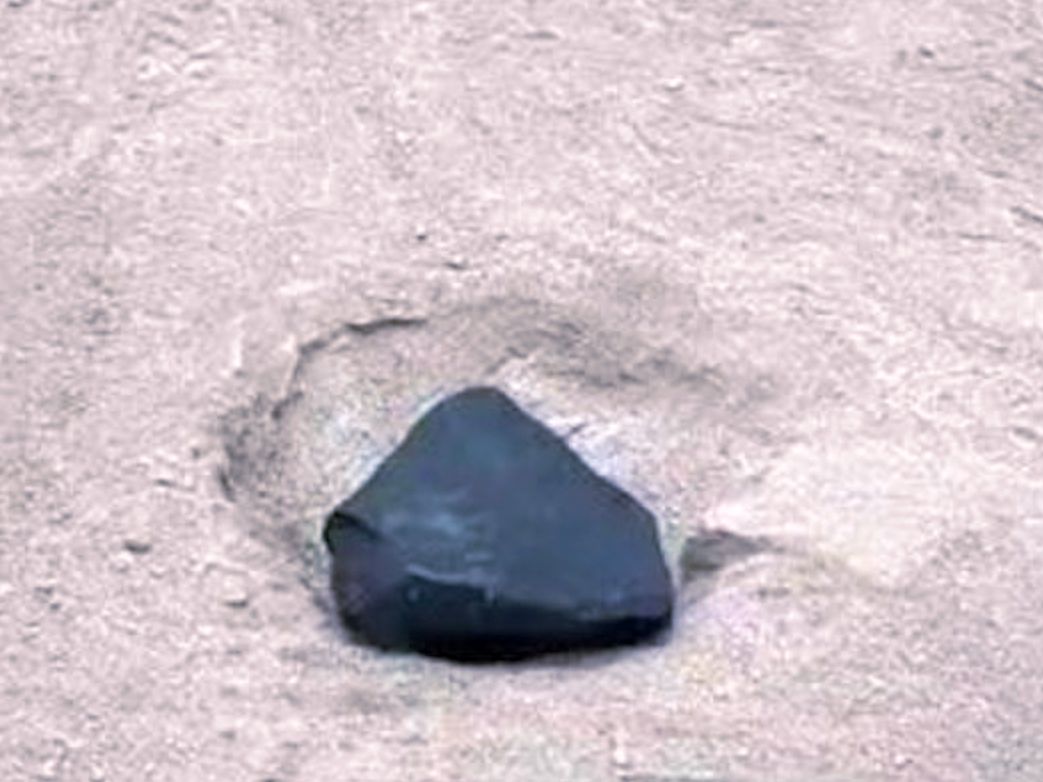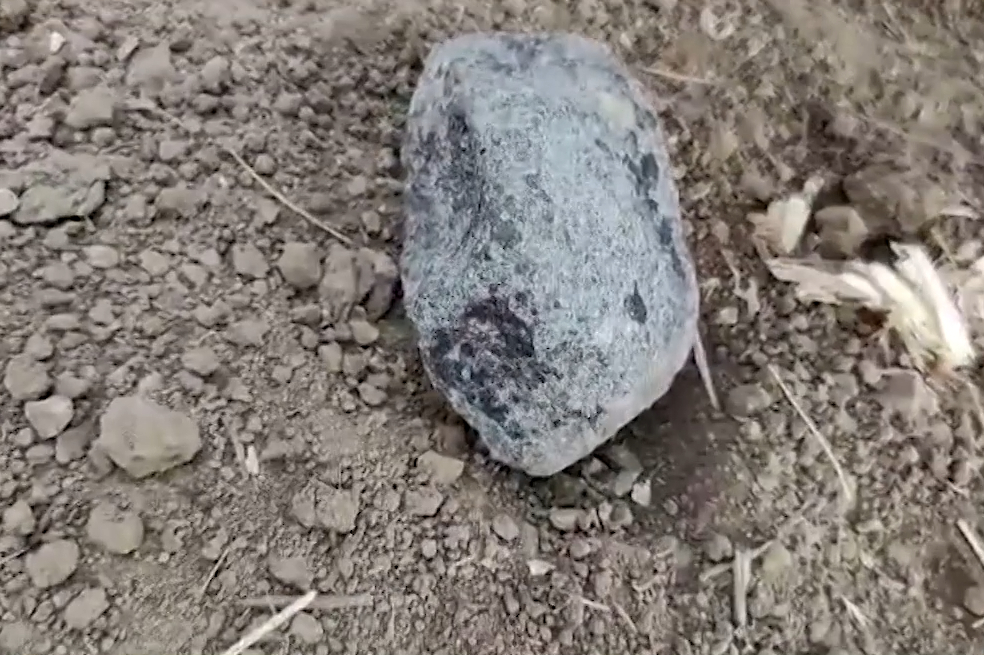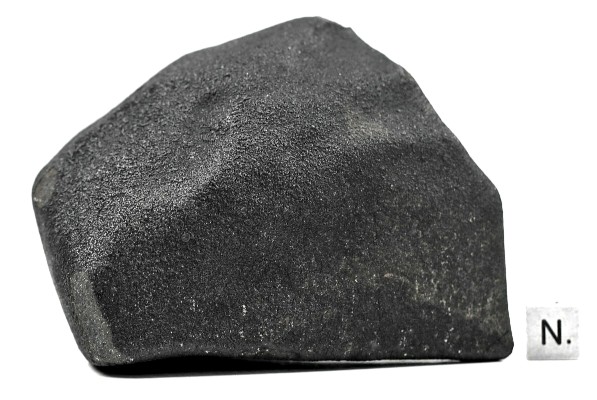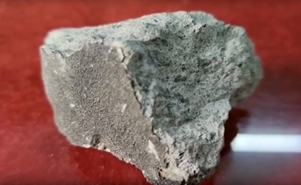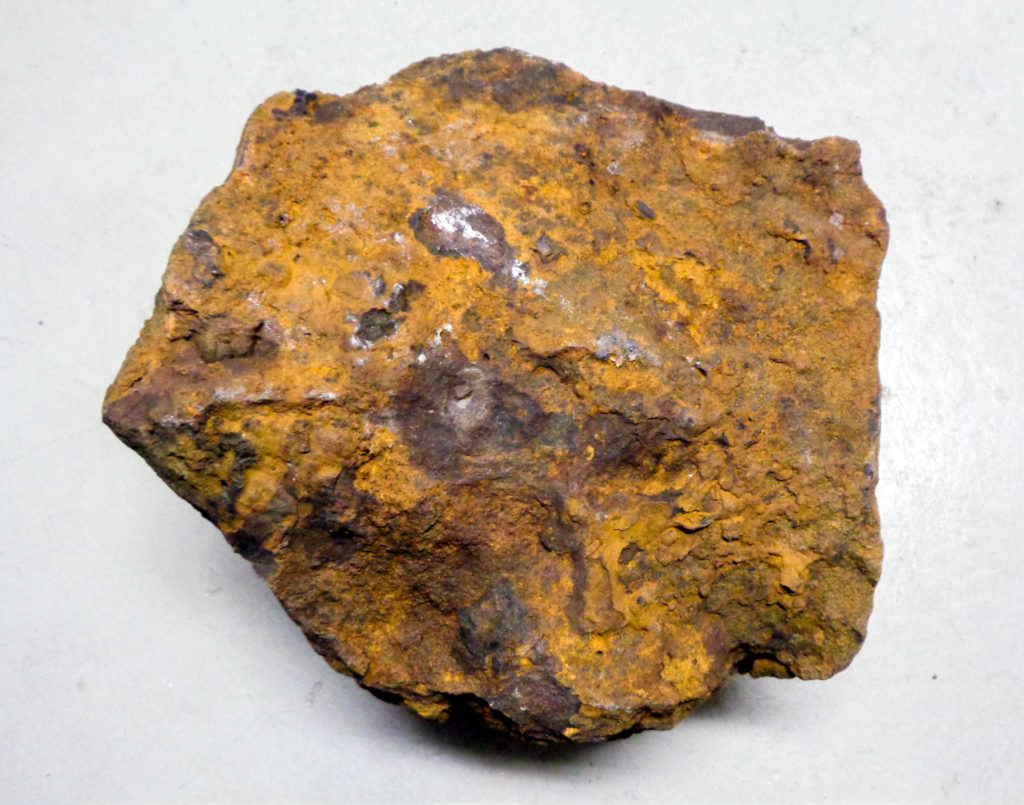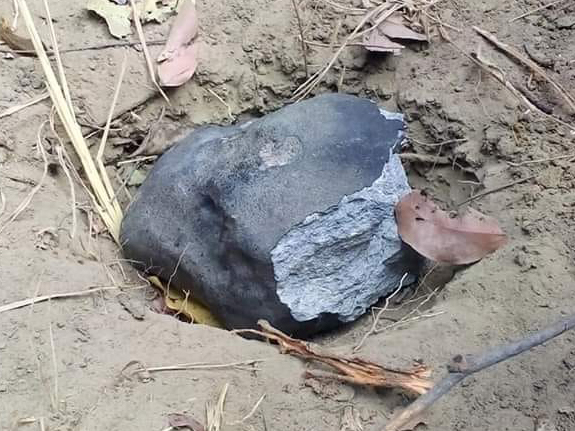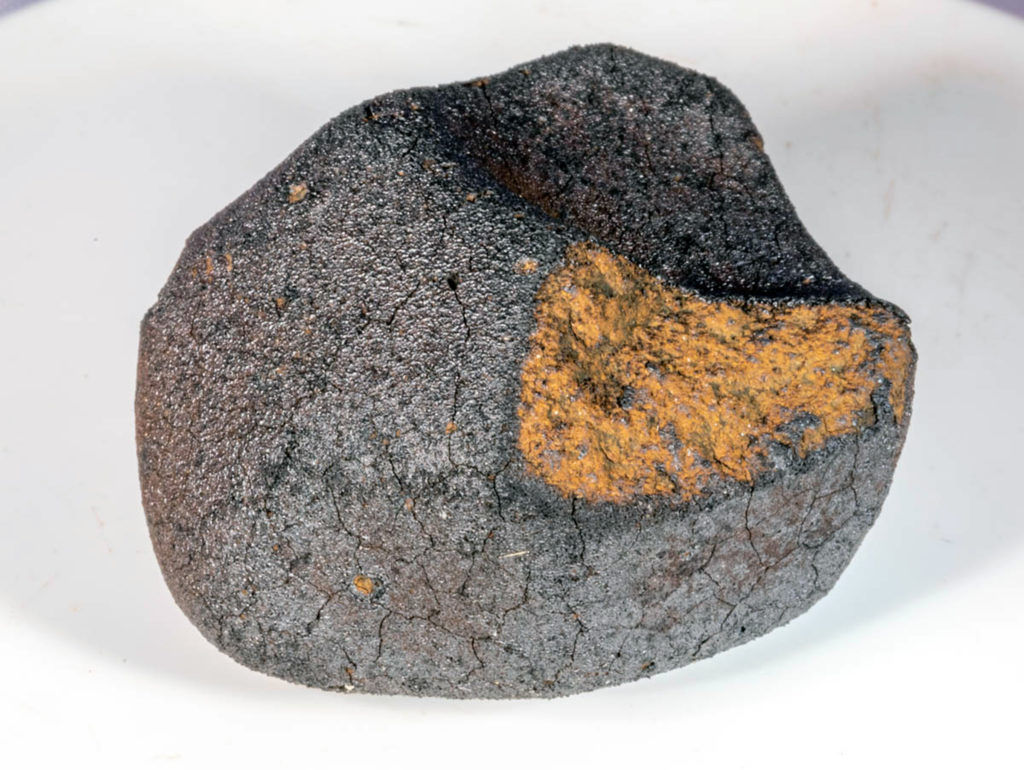Organic contamination on the surface of meteorites as a function of space and time: A case study of the Buzzard Coulee H4 chondrite
Libby D. Tunney, Christopher D. K. Herd, Robert W. Hilts
Meteoritics & Planetary Science
Version of Record online:28 August 2020
“The study of organic compounds in astromaterials represents a unique window into organic matter in the interstellar medium, the solar nebula, and asteroid parent bodies, and insights into pathways that may relate organic matter in these diverse environments. Unfortunately, the Earth’s surface is awash in organic material, which forms a significant source of contamination, especially for specimens of meteorite falls. Here, we employ specimens of the Buzzard Coulee H4 ordinary chondrite, the fall of which in western Saskatchewan, Canada, on November 20, 2008 was widely documented, and from which meteorites were recovered starting shortly after the fall and continuing to over 10 years later. The low intrinsic organic matter content of these H4 specimens enables their use as “blanks” for terrestrial contamination. Using dichloromethane rinses of meteorite specimen exteriors, and analysis of organic compounds by gas chromatograph‐mass spectrometry, we document the sources of terrestrial contamination as a function of location, time of collection relative to the fall, and curation and handling since collection. We find numerous terrestrial organic compounds, most of which can be attributed to the terrestrial surface on which the meteorite specimens were collected, and we consider a variety of factors that may influence the degree of contamination. To determine the source of each contaminant more accurately, we advocate for the collection of terrestrial materials (e.g., soil, vegetation) alongside meteorites. Our results have implications for how specimens from meteorite falls—especially for meteorites expected to have high intrinsic organic content—are collected, documented, and curated.”

